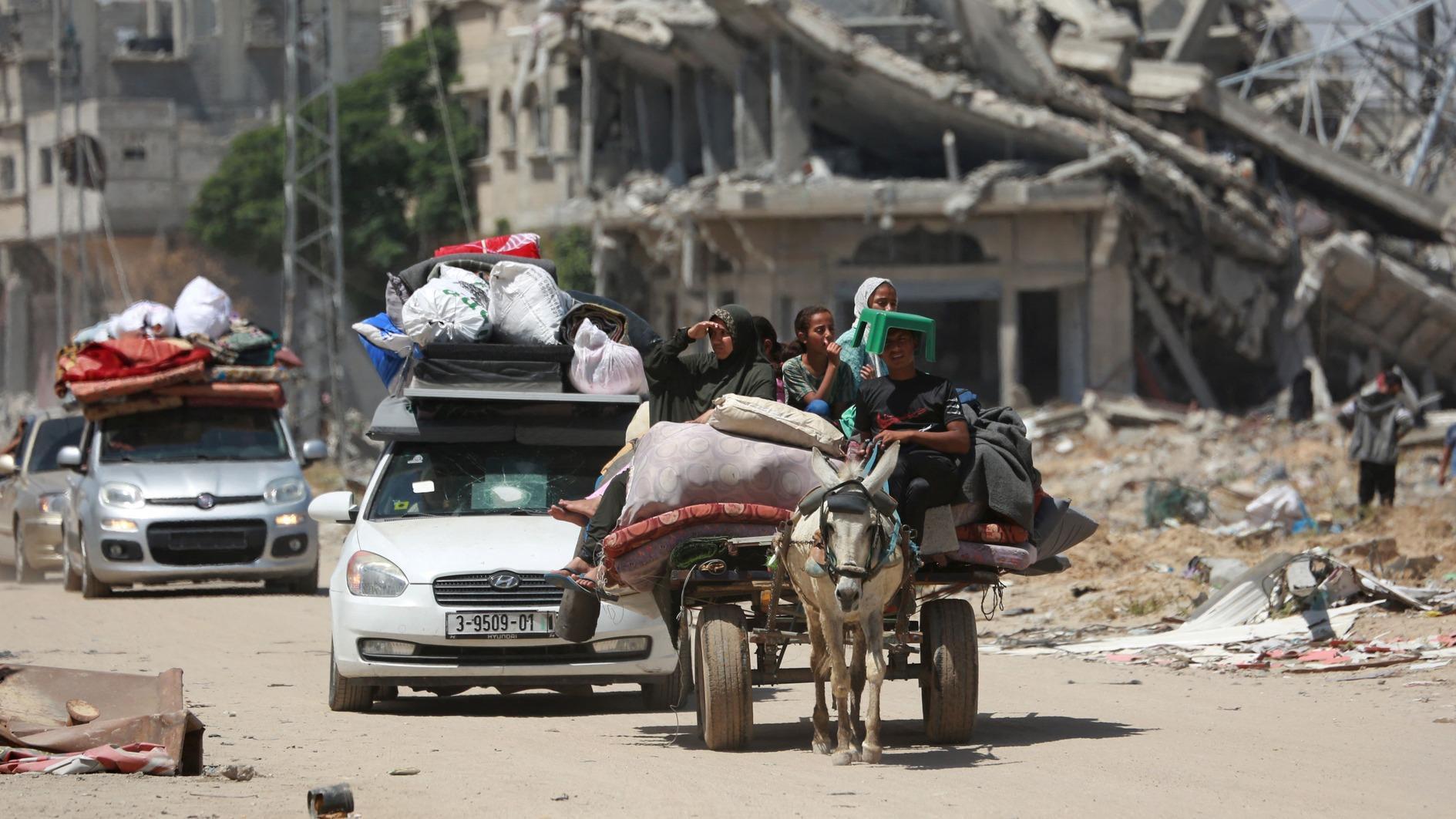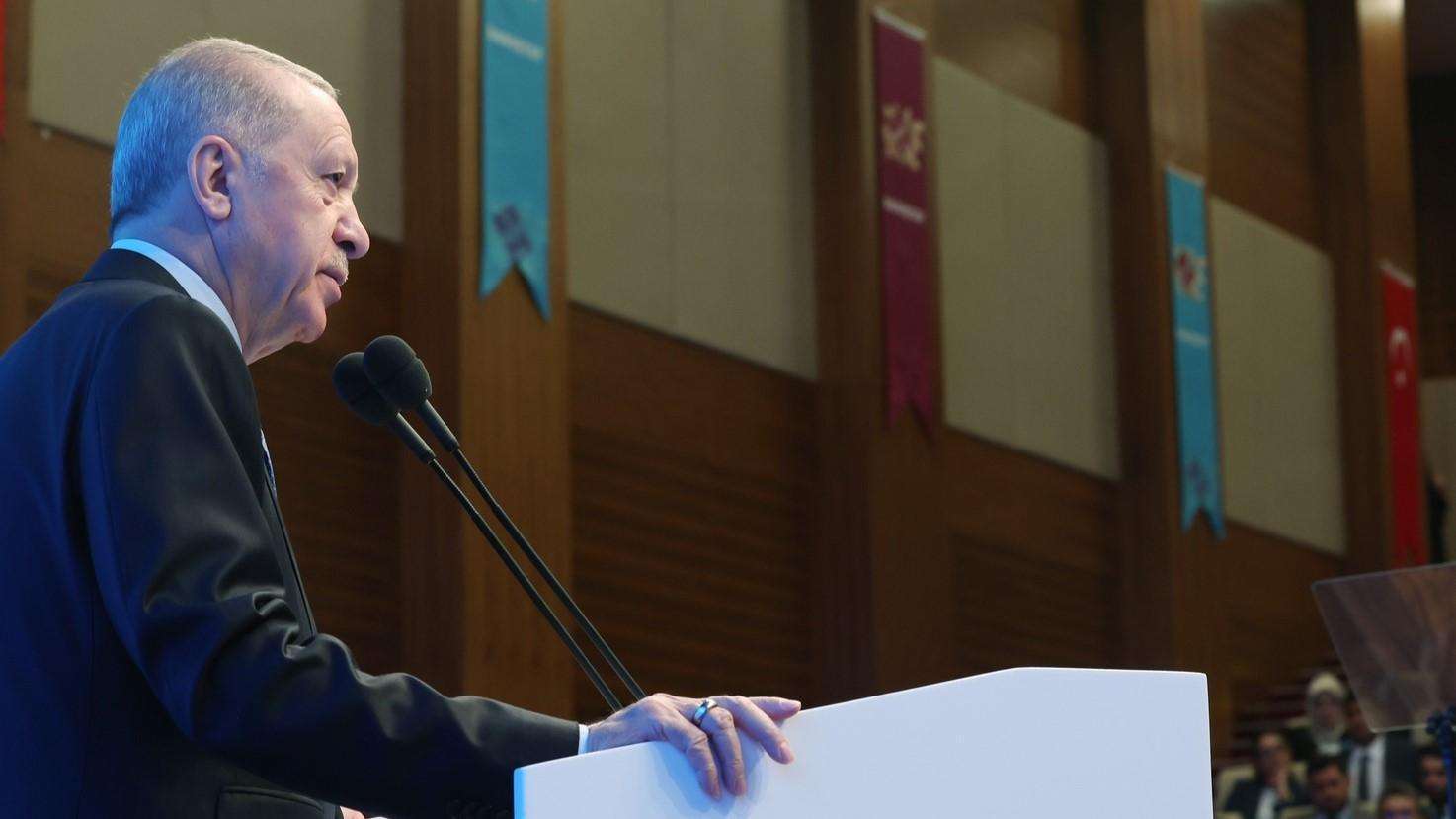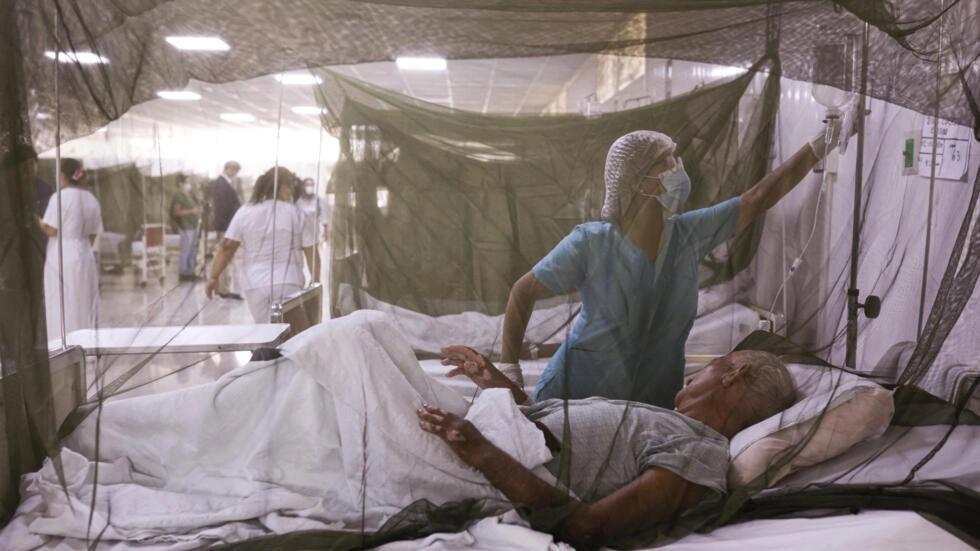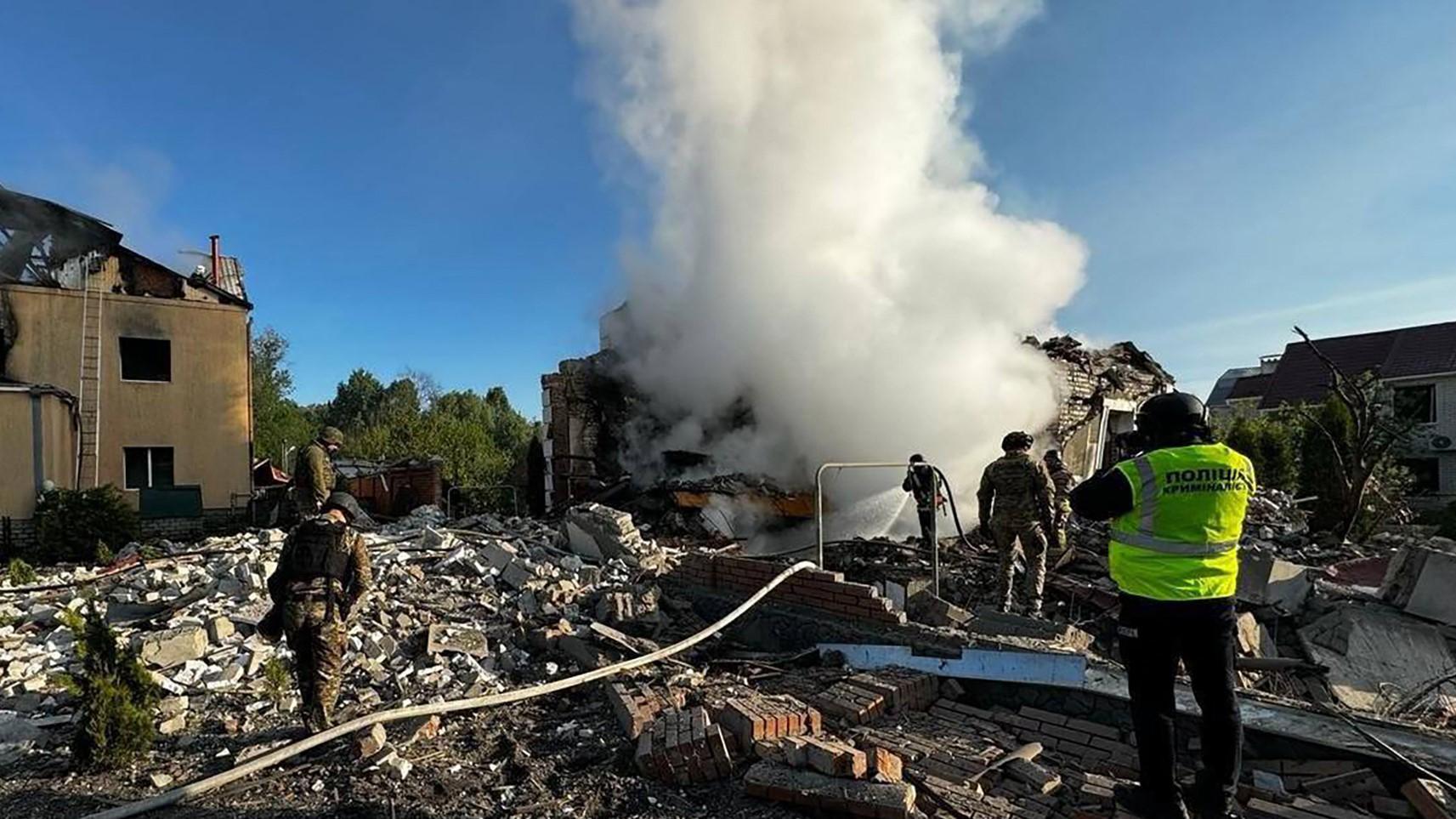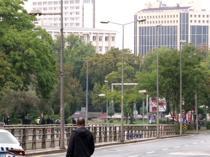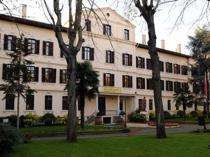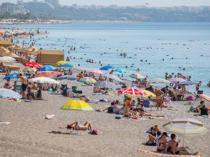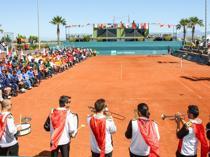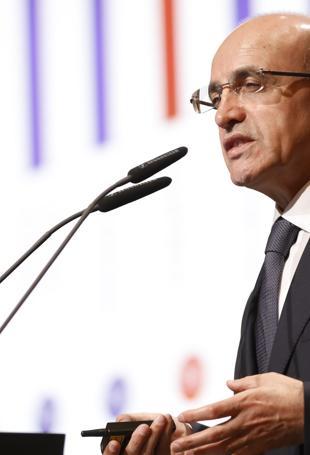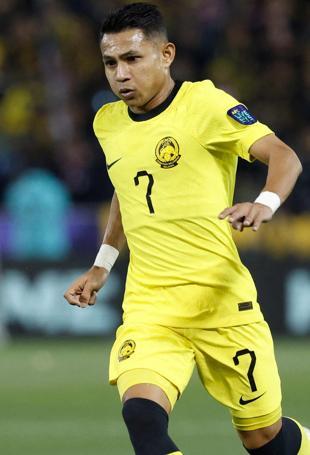EU slams arrest of Turkish activist and philanthropist Osman Kavala
BRUSSELS
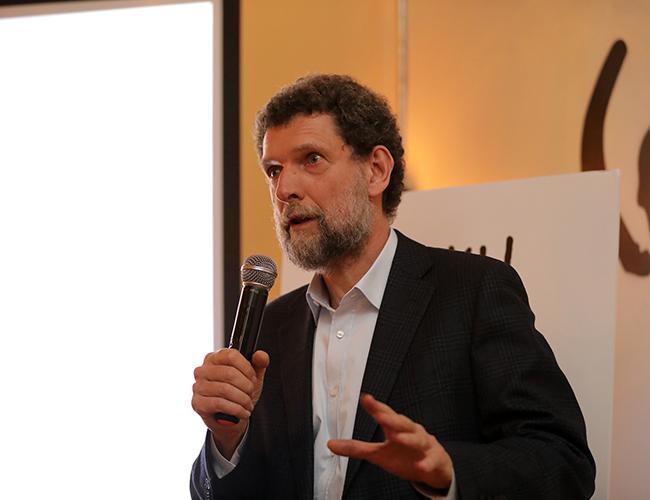
The European Union has criticized the arrest of Osman Kavala, a prominent businessman and activist, on terror charges, reiterating its call on the Turkish government to “respect democratic norms” and the independence of the judiciary.
“Osman Kavala, Chairman of Anadolu Kültür, has been arrested and charged with seeking to change the constitutional order of Turkey. The public rhetoric and accusations used against Mr. Kavala after his detention and prior to his arrest cast serious doubt on the respect for due process and the presumption of innocence,” EU spokesperson Maja Kocijancic said in a written statement on Nov. 3.
Kavala’s case adds to the long list of detentions and arrests of civil society representatives, journalists, academics and others over the past weeks and months, further eroding fundamental rights and freedoms and leading to a shrinking space for civil society, Kocijancic stress.
“Long detention and pre-trial periods have become the norm rather than the exception,” she added.
“The EU expects the Turkish authorities to respect the standards of the European Convention on Human Rights and the case-law of the European Court of Human Rights, including the independence of the judiciary, pre-trial detention as well as the principle of presumption of innocence,” the spokesperson stated.
Kavala was arrested over alleged links to the July 15, 2016 coup attempt and the December 2013 corruption probes targeting senior government figures. The Istanbul Chief Public Prosecutor’s Office accused Kavala of being among the “managers and organizers” of the 2013 anti-government Gezi Park protests.
According to the prosecutor’s office, the protests were “supported by outlawed terror groups,” cited as the Fethullahist Terrorist Organization (FETÖ), the outlawed Kurdistan Workers’ Party (PKK), the outlawed Revolutionary People’s Liberation Party-Front (DHKP-C) and the Marxist-Leninist Communist Party (MLKP).


